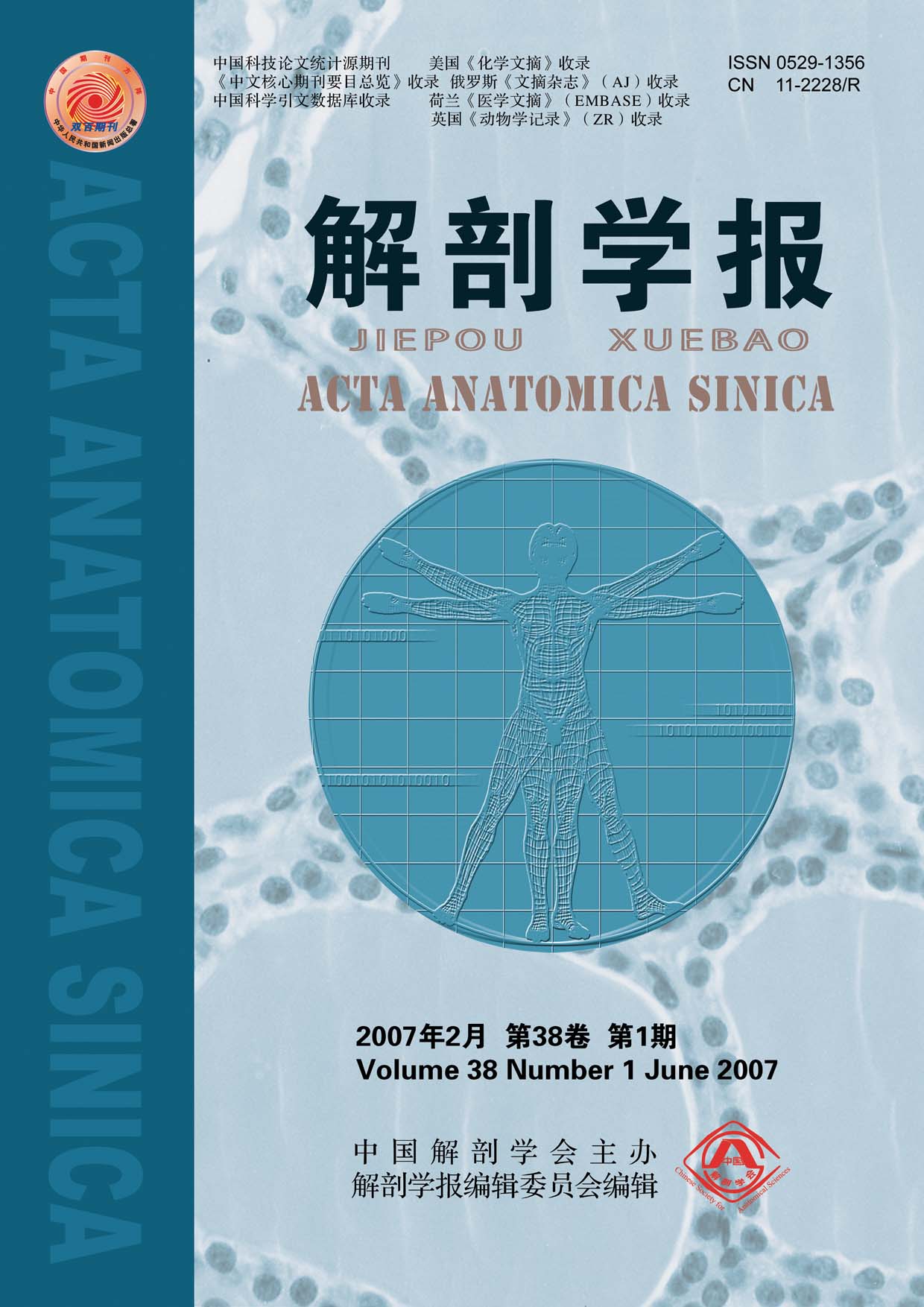Objective To study the impact of gamete co-incubation time on fertilization rate, production of oxidative stress (OS) and embryo quality of mouse in vitro fertilization (IVF), and to investigate the shortest gamete co-incubation time of mouse IVF. Methods Oocytes of ICR mouse were co-incubated with sperm for 30 seconds, 2 minutes, 10 minutes , 0.5 hour, 2 hours, 4 hours and 18 hours, the fertilization rate and the blastocyst rate were analysed in each co-incubation group. In addition, the maleic dialdehyde(MDA) was assessed when gametes were co-incubated for 0 hour, 2 hours and 18 hours. Results Fifty-two, fifty-three, fifty- three, fourty-six, fourty-eight, fourty-eight and fourty-seven oocytes were inseminated with sperm in each group, and the fertilization rate were 67.3%, 81.1%, 83.0%, 87.0%, 85.4%, 81.3% and 48.9% respectively. The fertilization rate of 30 seconds group was significantly lower than 0.5 hour and 2 hours groups( P <0.05). Moreover, the fertilization rate of 18 hours group was significantly lower than 2 minutes, 10min, 0.5 hour, 2 hours and 4 hours groups(P <0.05). No significant differences in fertilization rate were observed in 2 minutes, 10 minutes, 0.5 hour, 2 hours and 4 hours groups(P >0.05). In addition, the blastocyst rate were 82.9%, 65.1%, 70.5%, 67.5%, 75.6%, 71.8% and 65.2%, and no significant differences were observed in each group(P >0.05). The concentrations of MDA were
(1.06±0.21)×10-3 mol/L, (1.44±0.22)×10-3 mol/L and (2.00±0.21)×10-3 mol/L for 0 hour, 2 hours and 18 hours co-incubation, respectively. As the coincubation time was reduced, the MDA levels were also significantly reduced(P <0.05). Conclusion Reducing the gamete co-incubation time to 2 minutes will not affect the fertilization rate of mouse IVF. As the co-incubation time is reduced, the production of OS is also reduced.


